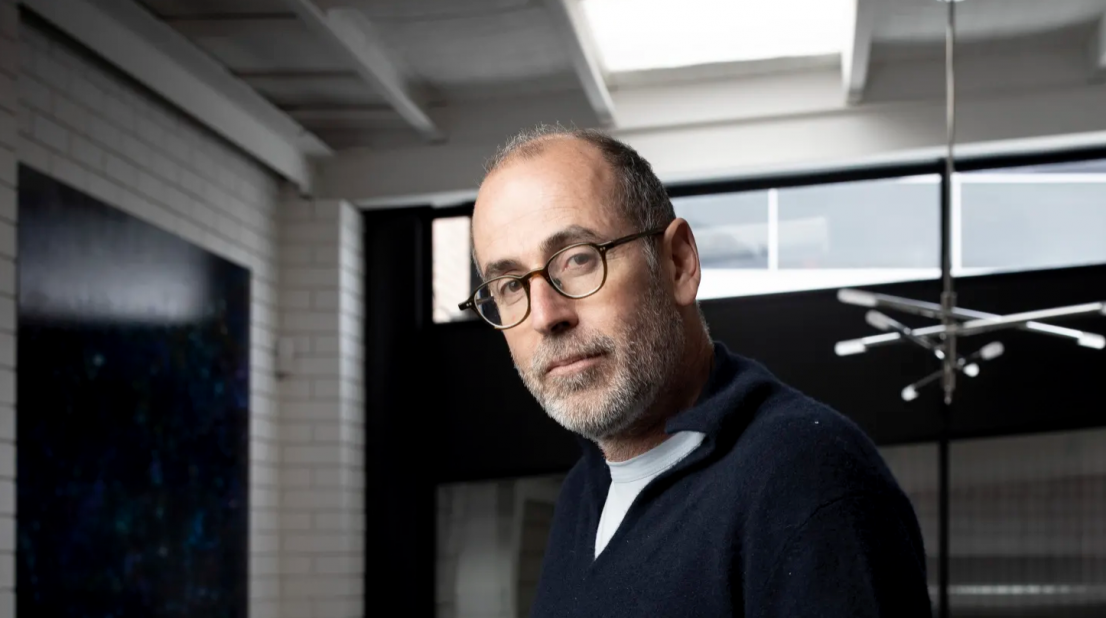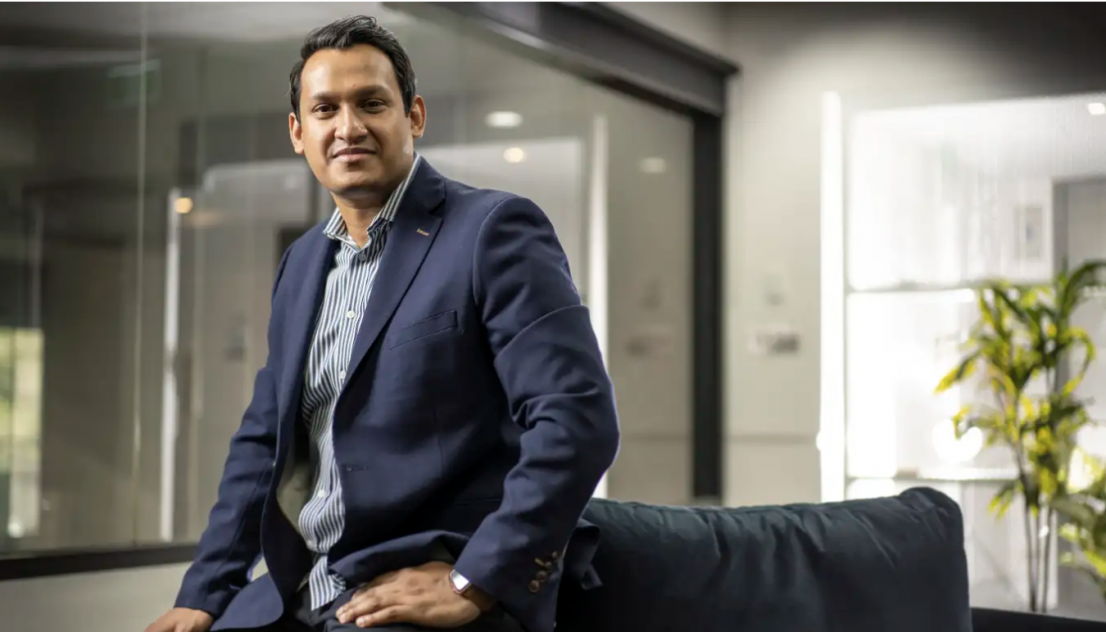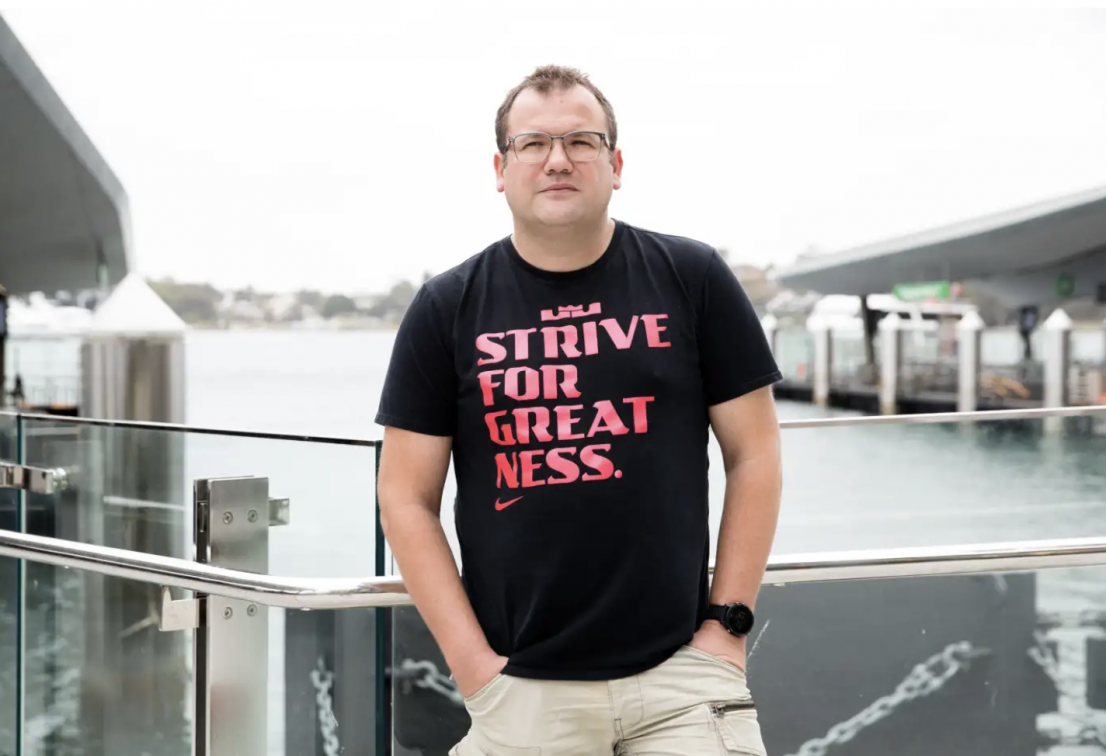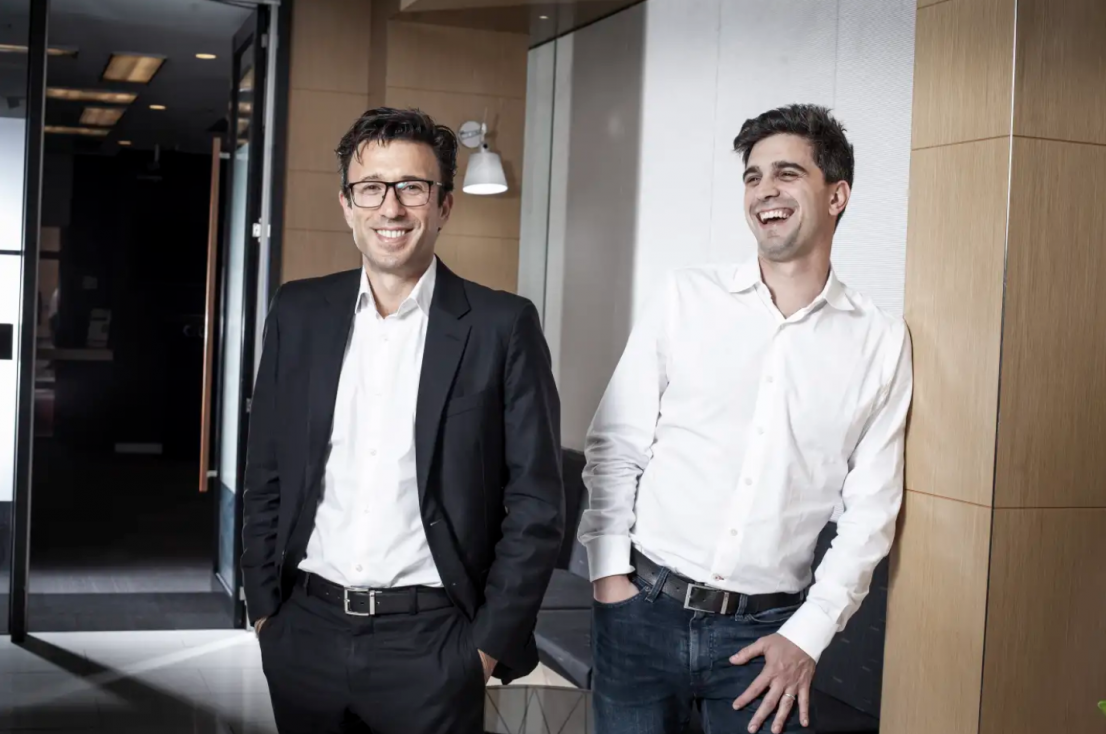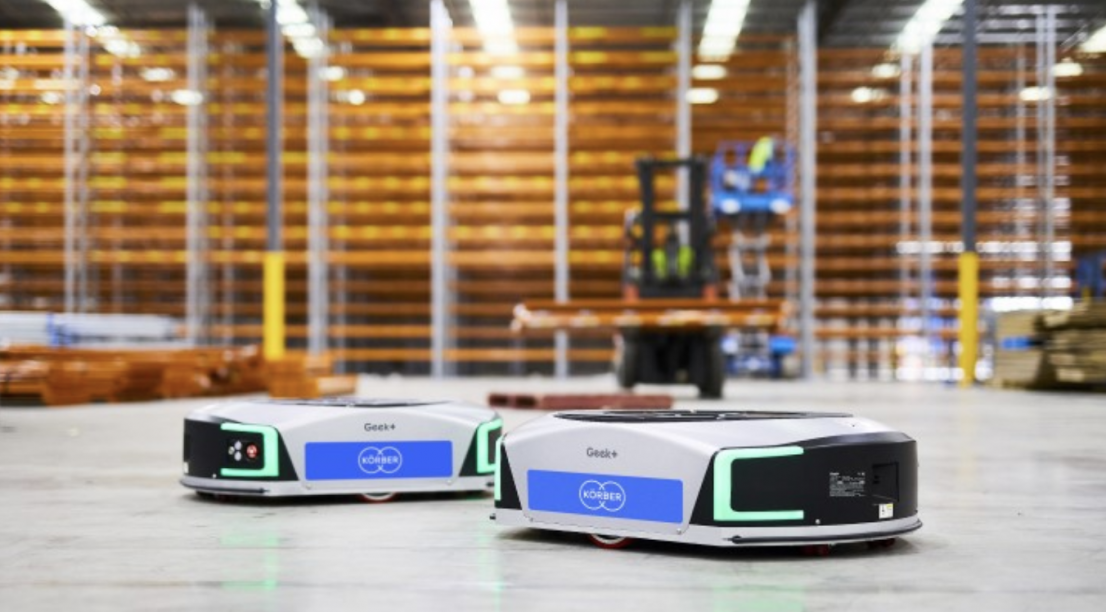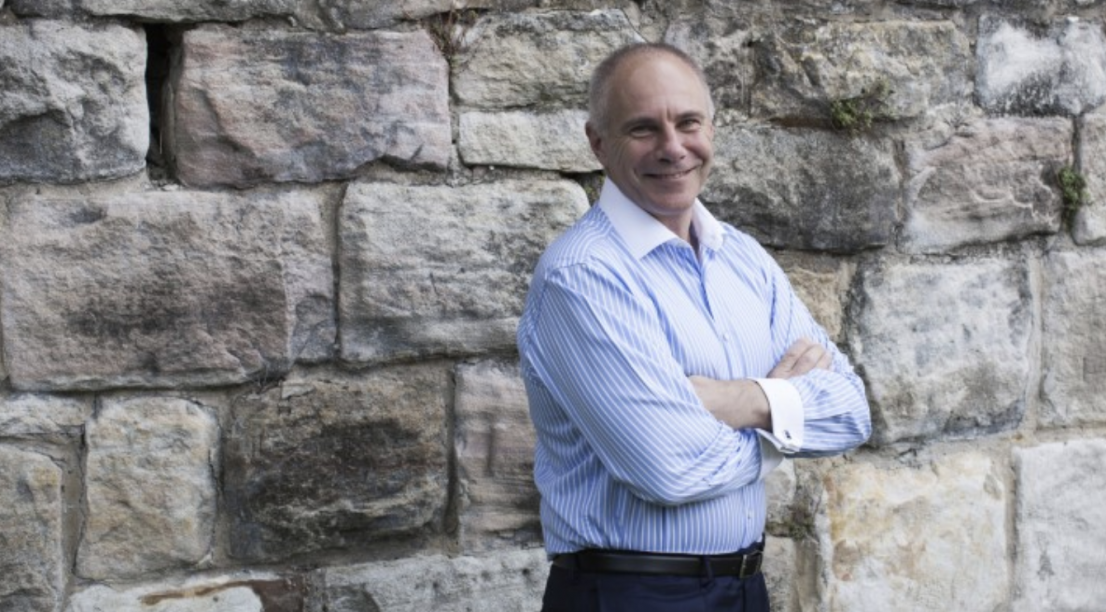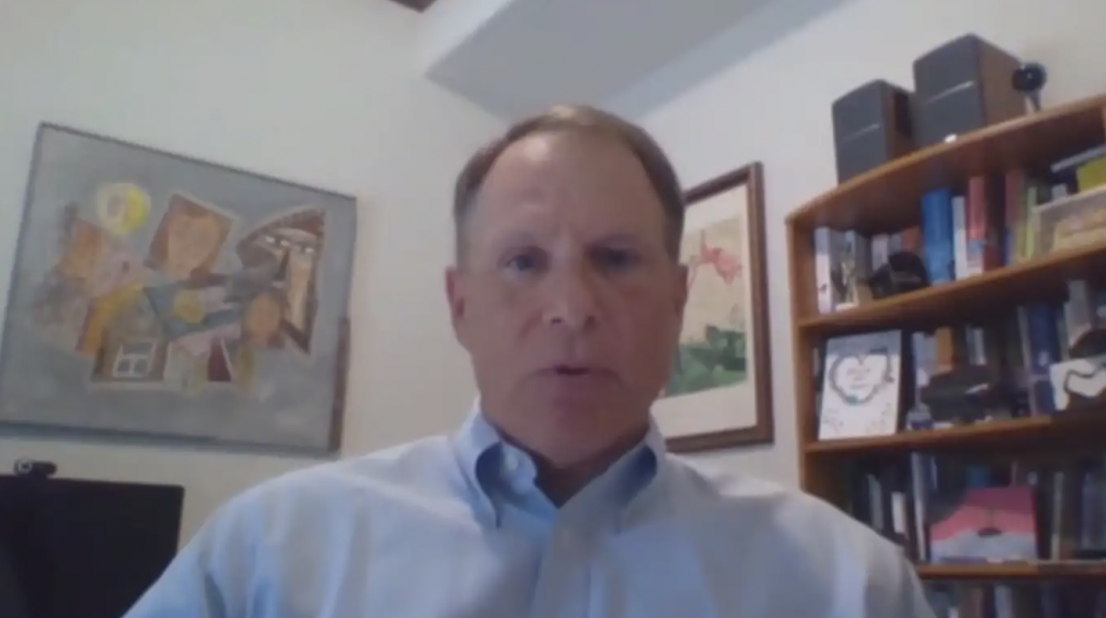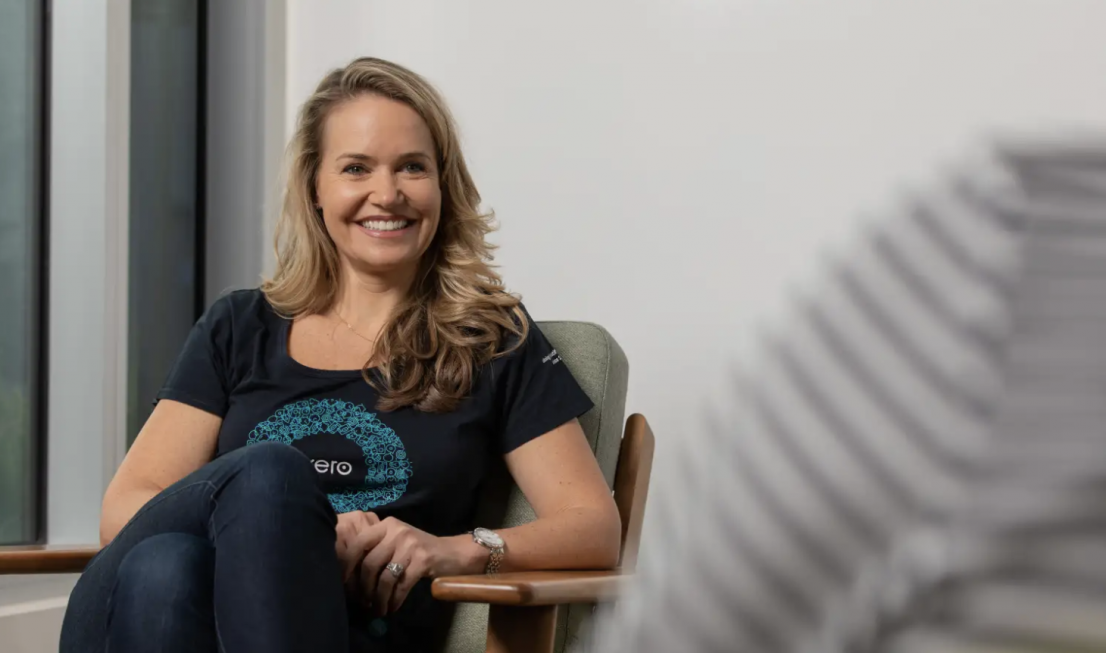
When Xero chief customer officer Rachael Powell was growing up, the job she's doing today didn't even exist.
It was impossible for Powell, who started out wanting to be a journalist like her grandma who worked for German newspaper Der Spiegel until she died at 88, to envision the job she'd find herself doing a few decades later.
This, she says, will be the reality for many women and men poised to embark on their careers today and for employers it means needing to look beyond a job description.
"For me, building a team is about understanding the skills I need, but also the aptitudes that are needed, so I spent a lot of time focusing on bringing the right people together," Powell says.
"The way I interview people is more of a conversation than an interrogation. I assess through tone and inference what someone is going to be highly engaged with.
"There's a lot of ambiguity when it comes to new roles, so you need people with good problem solving skills, that are fantastic at stakeholder management and are exceptional communicators. These are the skills that are important for any company looking to grow fast."
As Xero's chief customer officer (and formerly also its chief people officer), Powell is responsible for ensuring Xero customers, no matter where they are, have a "consistent and outrageous experience".
Powell is in charge of shaping a customer's exposure to Xero from when they first hear of the brand, through to their interaction with the company via its website, trying the product for the first time and the sales experience.
She's one of an increasing number of women pushing into the senior leadership ranks at the country's biggest listed tech companies.
At Xero, 42 per cent of the leadership team are women, as are 42 per cent of employees overall.
The new female faces are a welcome addition to what for a long time has been a predominantly white, male, cohort of senior leaders in the country's tech firms.
Earlier this year Cassandra Williams was appointed as chief enterprise risk officer at Afterpay, having previously worked at Commonwealth Bank, while at Xero Kirsty Godfrey-Billy went from chief accounting officer to chief financial officer when former CFO Sankar Narayan resigned to lead SiteMinder in 2018.
At logistics software company WiseTech, Gail Williamson has also climbed the corporate ranks, shifting from head of investor relations and corporate affairs to chief growth officer in 2017.
Williamson, like Powell, is doing a role that did not exist 10 years ago. As more new roles are created, she is hopeful that more businesses will embrace the need for greater diversity in their organisations - and not just from a gender perspective.
"You have to have culture, gender, socio-economic and life experience diversity," she says.
"Embracing diversity is the same as embracing innovation, neither is optional if we want better outcomes. When organisations embrace diversity, encourage creative abrasion and, importantly, can match those with engineered processes and semi-autonomous execution, growth can be exponential, not linear.
“Building teams stacked with diversity of cultures, experiences, gender, education and thinking styles, that are also given the freedom to be creative along with technology architectures to drive data and transparency, can generate stronger engagement, delivery and organisational agility.”
Unlike other chief growth officers at other firms, her job, she says, is not just fancy name for a marketing or sales role.
"Some chief growth officer roles are centred on sales, but here the role... involves accelerating growth and geographic expansion by aligning resources, looking at the tech pipeline, distribution channels, communications and acting as a soundboard between areas," Williamson says.
"Looking across functions and geographies lets your team have a vision on things that can be globally scalable, semi-automated and have local configurations that let you operate in many markets."
Williamson, who grew up in Belfast, Northern Ireland, before coming to Australia for high school says she has always had equal weighting between her left and right brain – enjoying art, but also mathematics.
Williamson too does not think linearly about who would make a good fit for a role.
Having dabbled in film production and design, as well as spending most of her career in investor relations (spanning a range of sectors including financial services and healthcare) before taking on the chief growth officer role at WiseTech, she knows the value of cross-industry experience.
I’m not a typical CFO. I’m not mid 50s, I’m not male, I have a child, but that’s cool. I am who I am.
— Kirsty Godfrey-Billy, Xero CFO
"There's a fear of experimenting, but having cross-industry experience is an enormously beneficial asset and it sets you up well to work in an innovative space," she says.
"I used to hire people to work in funds management while at Henderson in London who had zoology degrees.
"I've had periods in my career where I’ve concentrated on immersing myself on an areas like actuarial work and balanced it with period of deep creative work and working in tech … it's offered an extraordinary mix of being able to execute those different sides of your personalities."
While women like Williamson and newly appointed Telstra director Bridget Loudon have been busy shattering the glass ceiling within the tech sector, opening up the path for others to follow in their footsteps, there's still very few female CEOs of listed tech companies – either big or small – in Australia, or globally.
Of the companies included in the ASX's All Tech Index, Alcidion chief executive Kate Quirke is the only female. When you look beyond tech to the ASX top 200, the figures are only slightly better, with 6 per cent of companies in the top 200 led by women.
At the board level there has been progress made. Now, there's only one company in the ASX200 with no female directors, down from 50 five years ago. But, there's still more Michaels and Peters on boards than women - particularly at Westpac – and ecommerce company MyDeal is slated to come to market without any female board members.
Afterpay chief enterprise risk officer Cassandra Williams has been on boards before, but says she wouldn't do it again until she's no longer an executive.
"For me it's all about Afterpay [at the moment]. This is a great role and there's a lot for me to learn. In the long term though, I can see myself on boards. It's a really great step, especially with the experience I’ve got," she says.
"It's that thing that will happen when I'm ready to not be operating and running a function,"
Williams, who joined Afterpay in March as the world switched overnight to remote working, is a lawyer by training – a profession she chose in part due to her family, but also thanks to the '80s television show LA Law.
After university she got her first job as an article clerk at a three-partner firm in Hobart, before moving to Perth and then London to practice, and taking on roles with the London Stock Exchange and the UK Financial Services Authority.
After leading the UK FSA, she joined Investec, before being lured back to Australia and joining the Commonwealth Bank, where she was most recently chief compliance officer.
Williams says her time at CBA was an amazing experience and gave her a chance to "get into the weeds" of retail banking, but ultimately she was lured to Afterpay by the opportunity to be involved in a smaller, growing business, where she would be stretched and pushed to learn new things.
"It does feel different. Things move at a different speed, it's much faster. The decision making is speedier and people work really well together ... What I’m doing is also so intrinsically built into what the organisation is trying to do," she says.
"I'm responsible for governance, operational risk and compliance. It’s very much about engagement at a leadership team level, working with my direct reports or steering initiatives that we’ll be working on, writing a policy or developing new frameworks.
"Everyday is completely varied and that's exciting. There's nothing I'd change about it."
Williams took on the job at Afterpay during COVID-19 and was consequently thrust into a new role while remote working with a team she had never met.
The experience for her was not unusual though, having worked from home 19 years earlier when her daughter was a baby.
"I already knew you could be superproductive," she says.
"At that time, in 2000, working from home was not a thing, so I was pretty much the only person I knew who did it.
"For the first few years, I didn't have a work phone or blackberry. I had a laptop and the ability to remote access, but there was no WiFi. Access to the internet was by dial up and that could take a while – long enough to make a coffee and put on the washing. I would bring files home to work on, and I would be productive enough to get everything done, plus pick up my daughter early from nursery. So I actually continued to work from home until I moved to Australia in 2010 – moving to one day a week when I took on a management role."
Williams, Williamson and Powell were all optimistic that diversity in the technology sector would continue to improve and that visibility was key to encouraging the next generation of women to consider careers in tech.
Programs like Startmate's women-only fellowship are now creating pathways for women in traditional careers to transition into roles in high growth, early stage tech companies.
The most recent application round for the fellowship had more than 600 applicants for 100 positions, with the expectation that at least 50 per cent of these would come out the other side of the eight week program with jobs in tech start-ups.
Xero chief financial officer Kirsty Godfrey-Billy says Xero is the only company she would have left her partnership role at PwC for.
"I think [more diversity] will happen. There’s a number of females coming through university and I have a number of women in my team, but as you go up seniority levels, there's far fewer," she says.
"It’s not that we don’t have the talent ... women are fantastic leaders and so it’s beneficial for all ASX companies to have a fair share of women in the C-suite, not just in the roles that are usually the ‘women’ roles. But leading finance, product, and being CEOs. It’s important to have that diversity because we do offer different leadership aspects and thinking."
Godfrey-Billy had believed PwC would be her final workplace, but in 2016 Xero co-founder Rod Drury came calling and offered her the chance to join the fast-growing cloud accounting software company.
"One of my key pieces of advice to people is to just take opportunities. I've taken risks," she says.
"I saw the opportunity and the value I could create. I haven't looked back since moving to Xero. Something on reflection that women are very good at is wearing masks to make ourselves fit the environment we’re in. Everyday I was putting on a different mask depending on the meeting or the situation.
"At Xero, they approached me, so I decided they got me. I purposefully went into the role with no masks at all and ensuing that I turned up really authentically in every situation and that’s been quite transformative."
For Godfrey-Billy, being her true self in the workplace and having confidence in her abilities did not come naturally.
Previously she had been in job interviews where she felt like she should hide the fact that she is mother, but at Xero she felt empowered to be herself and embrace her leadership style which is centred on emotional intelligence and collaboration.
"It comes back to self confidence in what you bring to the table. I’m not a typical CFO. I’m not mid 50s, I’m not male, I have a child, but that’s cool. I am who I am," she says.
"But what you need to be now is very different from the cardigan wearing guy of 30 years ago. You need emotional intelligence, you need to relate to people, to communicate and care about your clients or business if you’re in a bigger corporate. It's more about relationships and providing a service, not just delivering a finished product."


